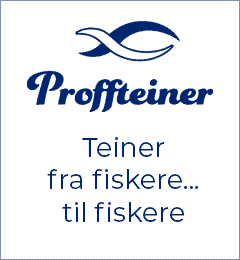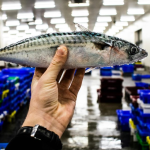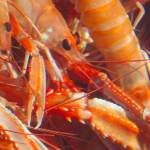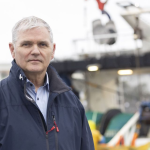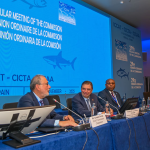Europêche has appointed Margot Angibaud as senior policy advisor with a broad brief in strengthening its commitment to sustainable bottom fishing, while amplifying the industry’s voice at EU level and advising on decision-making internationally.
She will oversee EU legislation and policy, governance, trade and market issues, scientific work and communications, with a particular focus on bottom fisheries. She will also provide strategic advice on North-East Atlantic matters, including relations with Norway and the UK.
She brings to the new role a wealth of international experience spanning marine environmental organisations and the French National Committee for Fisheries and Aquaculture, having developed a deep understanding of fisheries policy and its pivotal role in ensuring food sovereignty. A key concern is that sustainable European fisheries, such as bottom trawling, are linked to widespread misinformation.
‘From experience, I know how vital bottom fisheries are to feed people, sustain jobs, and keep coastal communities alive. Yet, I fear that the progressive loss of EU bottom trawlers will only increase the 70% EU dependence of seafood imports from non-EU countries, such as from Asia. We must reverse the situation now,’ Margor Angibaud said.
‘Our vessels comply with the highest global standards of environmental and social sustainability. There is always room for improvement, and we are working hard to minimise our environmental footprint. Innovations such as AI machine learning show great promise, allowing to sort species and sizes directly underwater rather than on deck.’
She commented that European fisheries are at a critical point – despite being one of the most low-carbon food-producing sectors, fishing is increasingly marginalizsed, both through spatial exclusion, and within geopolitical, environmental and marine spatial planning frameworks.
‘I will dedicate all my efforts to ensuring that the voice of EU fisheries is heard in EU forums on these crucial topics. Food production must be treated as a priority for the EU, on par with security, renewable energy, transport or environmental protection,’ she said.





